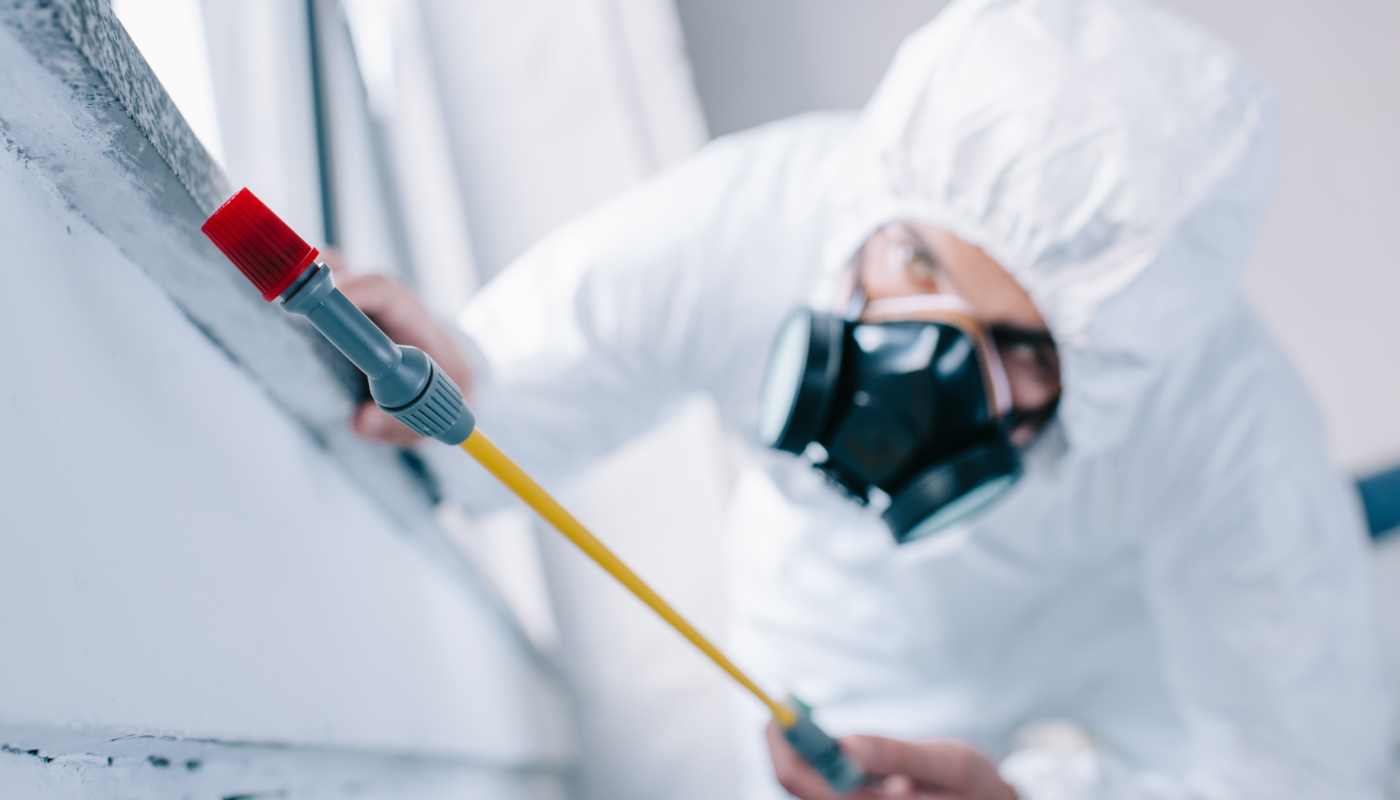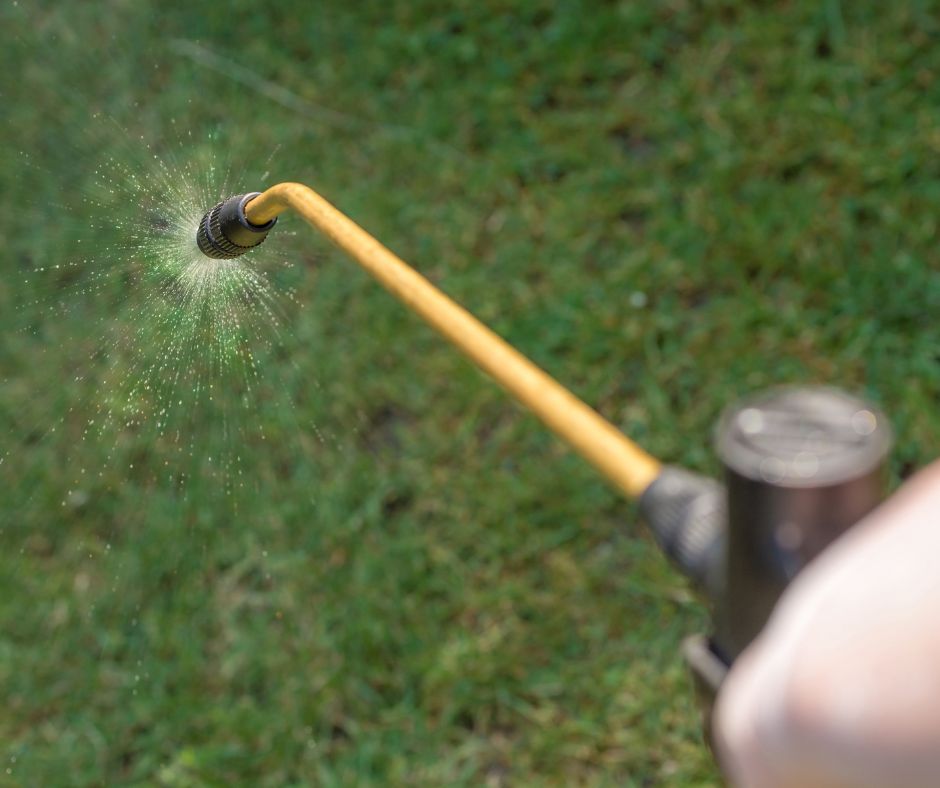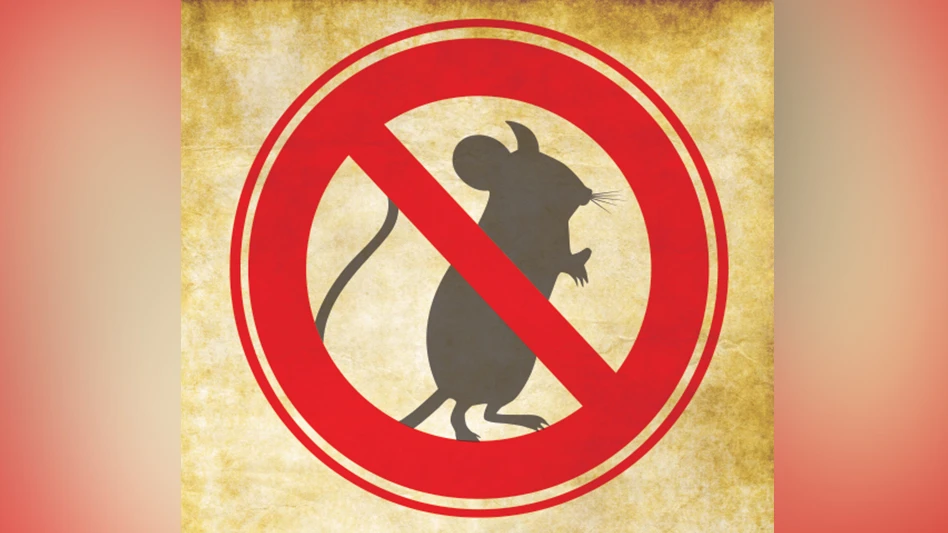Affordable and Trusted Exterminator in Port Charlotte for All Your Pest Control Issues
Reveal the Value of Insect Control in Keeping a Healthy And Balanced Atmosphere and Treatment Techniques

The Duty of Insects in Ecological Communities
Insects, usually seen only as problems, play a complex role in ecological communities that is crucial for maintaining eco-friendly balance. They add dramatically to different eco-friendly processes, including pollination, nutrition biking, and pest control. Lots of insect types, such as and butterflies, are necessary pollinators for a wide range of plants, which in turn sustains biodiversity and food manufacturing.
Furthermore, parasites work as prey for various predators, producing a crucial link in food internet. This interdependence guarantees the survival of different types and aids manage populaces within ecosystems (Termite treatment Port Charlotte). Decomposer pests, such as specific beetles and fungi, are important in breaking down organic matter, thus enhancing soil and helping with nutrient recycling.
Conversely, while pests can be advantageous, their overpopulation or invasion right into non-native environments might interrupt these ecological functions. This intricacy highlights the significance of understanding pest characteristics, as reliable bug administration techniques should consider both their eco-friendly functions and prospective effect on human activities. Balancing pest visibility while lessening harm is important for preserving the honesty of ecological communities and guaranteeing farming efficiency.
Health Threats Connected With Pests
The visibility of insects in various settings extends past their ecological duties, as they also posture considerable health and wellness threats to people and animals. Lots of pests, consisting of rodents, pests, and parasites, are providers of illness that can have serious health and wellness implications. For instance, rats are known to transfer hantavirus and leptospirosis, both of which can bring about severe respiratory system and renal problems, specifically.
Bugs such as insects and ticks are notorious for spreading out vector-borne conditions like jungle fever, dengue fever, and Lyme condition. These illnesses can lead to high morbidity and death prices, particularly in susceptible populations. Furthermore, bugs like bedbugs and cockroaches can worsen allergic reactions and bronchial asthma, adding to respiratory problems in individuals, particularly those with pre-existing problems.
In addition, the visibility of pests can lead to psychological tension and discomfort, affecting total health. Contamination of food and surface areas by parasite droppings and continues to be can bring about foodborne illnesses, highlighting the importance of maintaining hygienic problems. Understanding the health risks linked with parasites is critical in acknowledging the requirement of effective parasite monitoring techniques to secure animal and human health and wellness.

Benefits of Reliable Parasite Control
Efficient bug control is important for maintaining a safe and healthy environment, as it consistently mitigates the various dangers connected with insect infestations. One of the primary benefits of effective pest administration is the decrease of health and wellness dangers. Insects such as cockroaches, rodents, and mosquitoes are vectors for diseases that can influence both humans and pets. By managing these populations, the likelihood of disease transmission is significantly lowered.
Furthermore, reliable parasite control safeguards residential property and frameworks from damage. Several bugs, like termites and woodworker ants, can trigger extensive architectural damage that may require costly repair work. By proactively managing these house owners, organizations and infestations can protect their investments.
An additional significant advantage is the enhancement of total high quality of life. A pest-free setting adds to mental wellness and lowers stress associated with invasions. Moreover, reliable insect control cultivates a safer environment for children and animals, making certain that homes remain sanctuaries devoid of disease-causing organisms and damaging chemicals.
Typical Insect Control Techniques

In the realm of pest management, different techniques are utilized to fight problems effectively. These strategies can be extensively classified into 3 primary strategies: cultural, mechanical, and chemical controls.
Social control includes changing practices to minimize pest establishment, survival, and recreation. This may consist of crop rotation, correct cleanliness, and environment manipulation, which jointly develop a setting less conducive to pest proliferation.
Mechanical control utilizes physical methods to remove pests (Termite treatment Port Charlotte). Techniques such as barriers, traps, and vacuums are frequently utilized to directly eliminate pests from a location. This strategy is particularly effective for managing rats and pests without the usage of harmful chemicals
Chemical control entails the application of chemicals to take care of insects. These materials can be classified right into fungicides, pesticides, and herbicides, each targeting particular types of pests. It is vital to utilize these chemicals sensibly, adhering to safety standards and guidelines to reduce prospective harm to non-target varieties and the atmosphere.
Each insect control technique has its limitations and advantages, and usually, an incorporated method combining numerous techniques yields the most effective cause maintaining a pest-free setting.
Lasting Pest Monitoring Practices
Sustainable pest administration practices incorporate a variety of strategies designed to decrease environmental influence while successfully controlling bug populations. These techniques prioritize using environmentally pleasant approaches over chemical pesticides, thus reducing the danger of injury to non-target check that types, consisting of helpful insects, wildlife, and human beings.
Integrated Insect Monitoring (IPM) is a cornerstone of sustainable practices, incorporating biological, cultural, mechanical, and chemical methods to manage bugs. Organic control entails introducing natural killers or bloodsuckers to subdue parasite populations. Cultural techniques, such as plant rotation and polyculture, interrupt pest life process and boost ecosystem durability.
Mechanical methods, such as catches or obstacles, can effectively avoid bug accessibility without chemical treatment. In addition, maintaining healthy environments through appropriate soil administration, plant health and wellness, and biodiversity can normally alleviate parasite concerns.
Education and learning and recognition are essential parts, encouraging areas and people to identify parasite risks early and apply preventive steps. Termite treatment Port Charlotte. By cultivating an all natural technique that stabilizes bug control with environmental stability, sustainable insect management practices not only shield structures and crops but additionally add to a healthier environment for future generations
Conclusion

Understanding the wellness dangers associated with parasites is important in recognizing the need of efficient pest administration techniques to guard animal and human health and wellness.
Efficient parasite control is vital for maintaining a healthy and balanced and safe atmosphere, Related Site as it consistently link alleviates the numerous dangers associated with insect invasions.Integrated Insect Administration (IPM) is a foundation of lasting methods, incorporating biological, cultural, mechanical, and chemical tactics to handle parasites. By understanding the function of parasites, acknowledging affiliated health and wellness threats, and employing diverse therapy strategies, a sustainable method to pest monitoring can be attained. Integrated Pest Administration (IPM) stresses a holistic method that mitigates damage to valuable organisms while successfully regulating bug populaces.